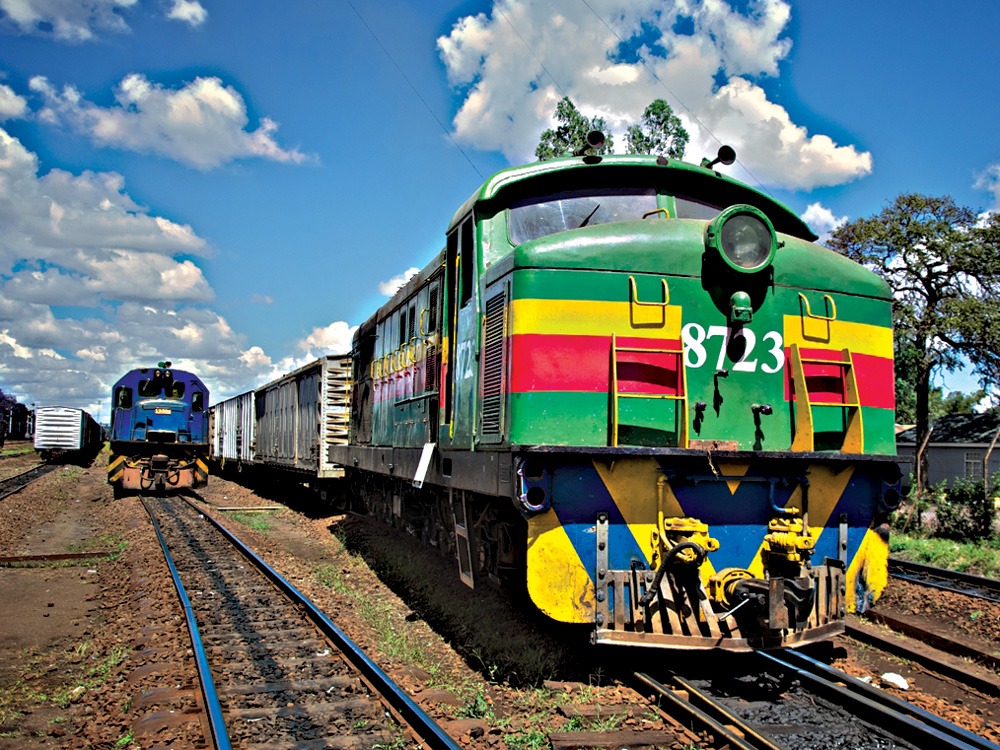In what might be the straw that will break the back of the Rift Valley Railways (RVR)- and bring to an end its snaking financial, ownership and management challenges, the Government of Kenya has terminated the concessionaire’s contract by to manage the 1,200km railway Kenya-Uganda railway. The Government of Kenya said the consortium has failed to pay its fees amounting to US$6 million and has failed to meet its cargo haulage commitments.
Right from inception the RVR Consortium has been dogged with financial and management challenges that have severely affected its delivery according to its commitments. At inception, RVR committed to pay the Government s of Kenya and Uganda US$1 million and US$500,000 respectively annually in fees. The other commitment was to increase haulage tonnage on the railway line. However, the railways has struggled to meet the commitments.
RVR has always blamed the poor state of the 100 year old railways line as the source of its failure to deliver.
In January, Qalaa Holdings, its majority shareholder confirmed that it was in talks with local and international investors on a possible takeover. If this had taken place this would be the 5th time the consortium is changing hands.
RVR Consoritium first won the bid to run the Kenya-Uganda railway in 2005. At the time, the consortium was led by South African operator Sheltam Rail Corporation, known for managing a number of railway lines in Africa. At the time the minor shareholders in the consortium included Trans-century of Kenya (15 per cent), Mirambo Holdings of Tanzania (10 per cent), COMZAR (10 per cent) and CDIOs (4 per cent) and a Ugandan investor who held 11 per cent.
At the time, the consortium promised to upgrade the wagons and the line and therefore up the haulage.
However, in 2008, Toll Holding of Australia took over the management of the consortium, after RVR consistently failed on its commitment. At the time RVR blamed the post-election violence in Kenya that resulted in disruption of flow of traffic and destruction of the rail line as the course of its problems.
In early 2010, Citadel Capital of Egypt bought 49 per cent shareholding in Sheltam, which occasioned an ownership and control rift. Following, an arbitration in London, ownership was resolved as follows: African Railways Ltd (ARC)- 51 per cent, Trans-century -34 per cent, Bomi Holding (owned by Ugandan business man Charles Mbire)- 34 per cent.
However, in March 2014, Trans-century divested its interest in the consortium to ARC. Citadel rebranded to Qalaa Holdings.
If the courts of law don’t stop the termination, Qalaa Holdings will now have to find a majority buyer or the stake reverts to the Governments of Uganda and Kenya. RVR’s first line of survival may however be the Government of Uganda whose current position is that terminating the concession is not the best way out for RVR’s failure to remit dues. RVR will get a lifeline, albeit temporal, if Kenya and Uganda agree on this position.












